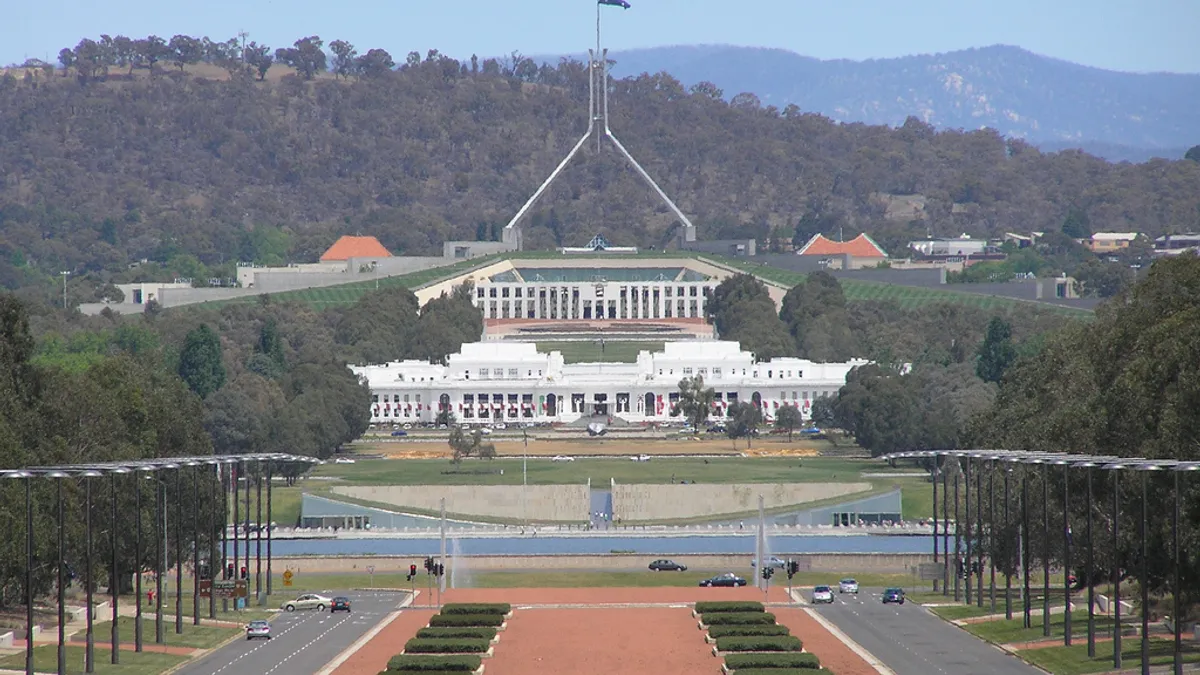Dive Brief:
- Nine models of Allergan's textured breast implants may soon be banned in Australia, with more than a dozen from other manufacturers up for suspension, the Therapeutic Goods Administration said Thursday after completing a months-long laboratory assessment and statistical analysis of the devices.
- The decision was prompted in part by a clearer understanding of breast implant anaplastic large cell lymphoma (BIA-ALCL), a rare form of cancer that can develop in the scar tissue and fluid near the implant. As of May 3, TGA said 78 cases of the disease had been reported in Australia, including four deaths.
- Allergan, Johnson & Johnson's Mentor, and other companies affected have until July 24 to respond to TGA with additional information before regulators hold final deliberations.
Dive Insight:
If the regulator goes through with the cancellation of nine Allergan products, the company will be required to cease import, manufacture and export of devices, as well as issue a recall and remove all remaining devices from the market.
Products up for suspension include seven models from Mentor, three from U.K. brand Nagor, two apiece by French manufacturer Eurosilicone SAS and German maker Polytech, and one each from California-based AirXpanders and French company Groupe Sebbin SAS.
Those devices would be temporarily blocked from being imported, manufactured or exported, TGA said. A suspension may be lifted if companies adequately address the agency's concerns; likewise, suspensions may be extended or raised to cancellations if concerns persist.
TGA also singled out Allergan, Groupe Sebbin SAS and Polytech as needing to add patient information leaflets with warnings on risks to certain models to stay on the market.
The agency convened its breast implant expert working group April 8, shortly after FDA gathered its General and Plastic Surgery advisory panel and regulators in France and Canada moved to ban certain models of textured implants.
The group found the data available at the time insufficient to assess the true rate of the cancer in Australia and gave manufacturers 10 days to respond before TGA would move forward.
The agency began its review of textured implants May 3, with an intent for scientists and engineers to examine surface topography of more than 150 product samples, and to work with the Australian Breast Device Registry to better track the incidence of BIA-ALCL cases.
"Discussions and information sharing with other international regulatory agencies including those from the United States of America, Canada, the United Kingdom, Ireland, Japan, France and New Zealand are ongoing," TGA said in May.
Approximately 15% breast implant revenues last quarter for Allergan (which is headed for a merger with drugmaker AbbVie) came from international markets.
Allergan's more important U.S. sales were spared by the FDA decision announced May 3 to not ban any models of breast implants. Despite significant pressure from the patient community to ban at least some textured implants, U.S. regulators ultimately said the evidence available did not meet the banning standard laid out in the Federal Food, Drug and Cosmetic Act.











